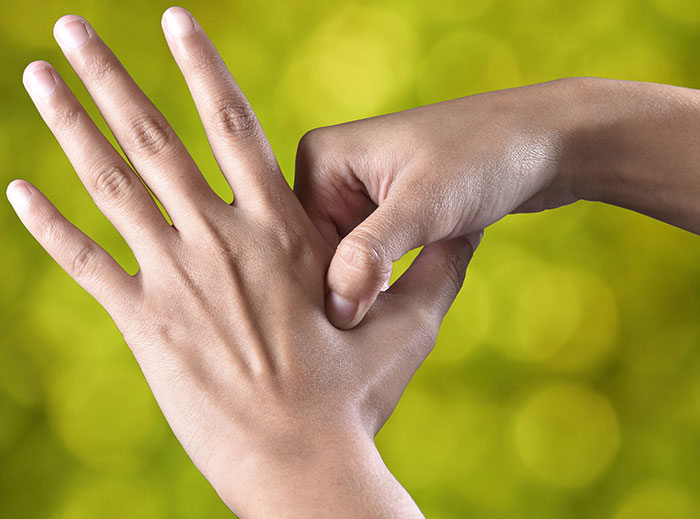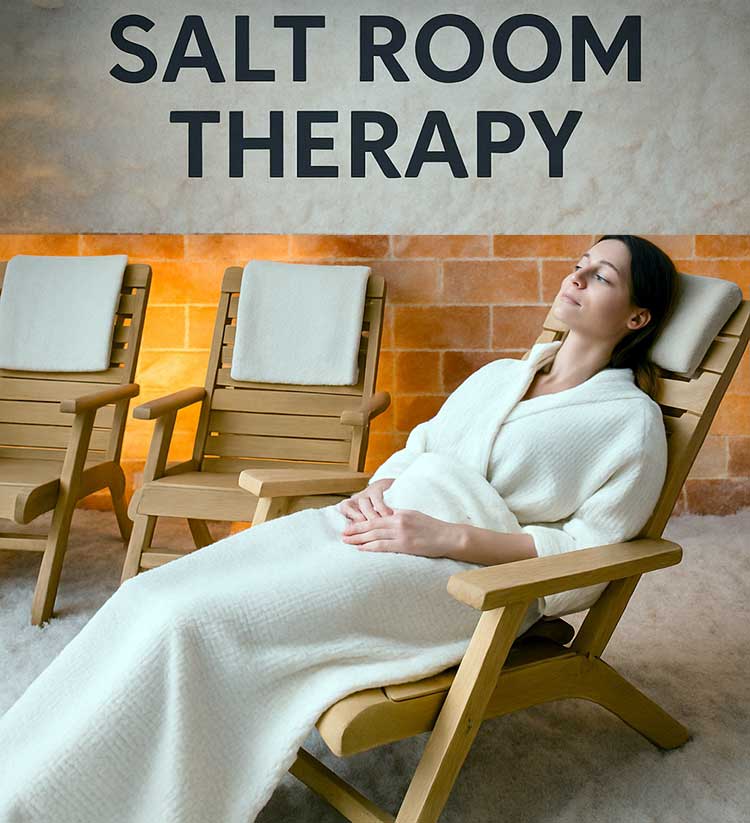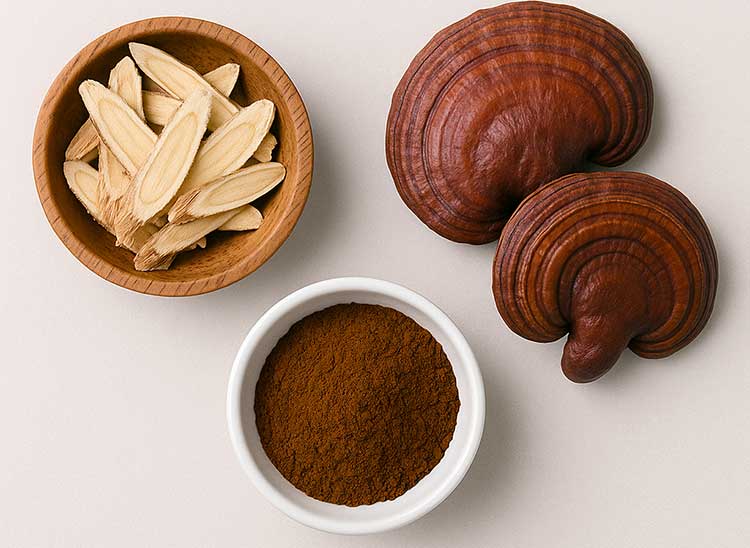Effect of acupressure in postoperative pain
Dr. Tatyana's Health and Wellness Blog
Treating the whole person to restore optimal health. Check back often for up-to-date news and information about acupunture and Chinese medicine.
Most Recent Posts ...
Posted on: 12/8/2025
Posted on: 11/24/2025
Posted on: 11/10/2025
Posted on: 10/27/2025
Search All Blog Posts
Blog Post Archive Categories
- Top 5 Ways to Stay Healthy This Winter and Avoid the Flu
- Happy Thanksgiving: A Season of Gratitude, Healing & Reflection
- Salt Room Therapy: Your Sanctuary for Breathing, Healing & Deep Relaxation
- Quieting the Storm: How Acupuncture and Neurofeedback Can Help Functioning Alcoholics Break Free
- How Acupuncture Can Help Restore Menstrual Health in Amenorrhea
- How Acupuncture Can Help Reduce Fear and Anxiety Caused by Stress
- Chronic Fatigue and Chronic Inflammation: A Holistic Look Through Western and Eastern
- The Hidden Dangers of Overusing Supplements: Are You Taking More Than You Should?
- The Importance of Exercise and How to Stay Motivated for a Healthier You
Effect of acupressure in postoperative pain
Traditional Chinese medicine (TCM) describes acupressure (acupuncture) points located on meridians or channels in our body. The stimulation of these points leads to the activation of the life force energy, called qi (chi). In TCM, acupuncture meridians are connected to specific organs, the brain, and extremities, creating a web network. If any pathology occurs in the physical or mental level, the blockage of energy flow can happen, creating an imbalance throughout the body. After any type of surgery, the body experiences a “shock”; the response is pain, which is a protective physiological mechanism. TCM explains this as qi and blood stagnation. Pressing specific acupuncture points will stimulate the whole meridian and remove that blockage, thereby decreasing the pain. According to allopathic medicine, the stimulation of acupuncture points can lead to decreased muscle tension, which improves blood and lymphatic circulation and increases the production of endorphins, which are natural pain relievers.
 Acupressure can be applied using gentle pressure from the fingers or specific devices. For the best result, sessions must be provided in a series. Acupressure is a safe procedure, but some cautions must be considered, such as avoiding direct pressure on cancerous, injured, infected, or inflamed areas of the body. Other factors such as pregnancy and blood diseases should also be considered. The most common acupuncture points are LI4, LV3, PC6, SP6, and ST36. This technique should be performed by a certified acupuncturist, who can teach patents how to perform self-acupressure when pain occurs.
Acupressure can be applied using gentle pressure from the fingers or specific devices. For the best result, sessions must be provided in a series. Acupressure is a safe procedure, but some cautions must be considered, such as avoiding direct pressure on cancerous, injured, infected, or inflamed areas of the body. Other factors such as pregnancy and blood diseases should also be considered. The most common acupuncture points are LI4, LV3, PC6, SP6, and ST36. This technique should be performed by a certified acupuncturist, who can teach patents how to perform self-acupressure when pain occurs.
A few clinical trials have been conducted to prove the efficacy of acupressure in the postoperative period. For example, a controlled single-blind trial studied the analgesic effect of acupressure in 40 patients who underwent knee arthroscopy in a university-affiliated hospital. These patents were randomly divided into two groups: active stimulation (AS) and placebo stimulation (PS). The procedure was performed 30 minutes after participants awoke from general anesthesia. Fifteen classical points were stimulated on the contralateral side of the surgical area. In the control group, non-acupuncture points were stimulated. Pain was assessed with a visual analog scale (VAS) 30 minutes, 60 minutes, and 24 hours after stimulation. “Sixty minutes and 24 h after AS, VAS pain scores were lower than in the placebo group (p < 0.05 and 0.0001, respectively). There were no significant changes in the autonomic variables. The results indicate that pressure on acupoints can decrease postoperative pain” (1).
Another study supporting the effect of acupressure evaluated whether acupressure affected the postoperative comfort of gastric cancer patients following a subtotal gastrectomy. A randomized control trial was conducted with 60 patients in a general surgery department in Taiwan. Patients were randomly assigned to one of two groups: one receiving standard care and the other with additional acupressure points PC6 and ST36 for 3 days. “Following acupressure, significant differences were found in postoperative pain (P=.03)” (2).
Acupressure is an economical and safe procedure that can be used in a patient undergoing almost any type of surgery. However, more additional clinical research needs to be conducted in this field to prove the mechanism and demonstrate how acupressure can be beneficial and effective in postoperative outcomes.
References:
1. Felhendler, D., & Lisander, B. (1996). Pressure on acupoints decreases postoperative pain. The Clinical Journal of Pain, 12(4), 326–329. doi:10.1097/00002508-199612000-00012
2. Hsiung, W., Chang, Y., Yeh, M., & Chang, Y. (2015). Acupressure improves the postoperative comfort of gastric cancer patients: A randomised controlled trial. Complementary Therapies in Medicine, 23(3), 339–346. doi:10.1016/j.ctim.2015.03.010




